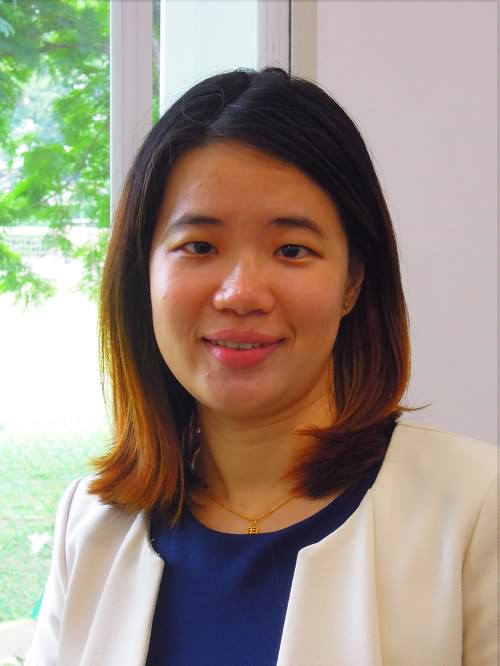Relying heavily on quantitative data, we identify and analyse the qualitative consequences of the many changes visited on a society that is as diverse and open as Penang’s has been, and is. We focus on assessing economic development, gender and income inequalities, industry development and the supply and demand of human capital.
Who are the team members?

Head
She holds two master’s degrees in Social Sciences (Economics) from the University Sains Malaysia (USM) and the National University of Singapore (NUS). She has a double major degree in her bachelor’s degree in Mathematics and Economics from USM. She has accumulated 11 years of experience in research, project management and policy consultation. She is now heading the Socioeconomics and Statistics Programme of Penang Institute. Her recent studies are primarily in the areas of economic development, labour market analysis, and education economics. Wooi Leng was the Chief Researcher for the Penang state biennial report entitled Penang Economic and Development Report, published by Penang Institute for 2016, 2018 and 2020. She has also reviewed a book written by Sultan Nazrin Shah on Charting the Economy: Early 20th Century Malaya and Contemporary Malaysian Contrasts published in the Journal of the Malaysian Branch of the Royal Asiatic Society (June 2020). One of her recent publications is The Future of Jobs and Education: The Role of STEM Uptake and Employability in Penang published by Konrad-Adenauer-Stiftung Japan (2021).

Senior Analyst
She holds a Masters in Business from Swinburne University of Technology and a double degree in Arts (Psychology & Political Science) and Commerce (Economics) from University of Melbourne. Her main research work includes gender equality, minority marginalization and socio-economic issues in youth development. Other research interests include the Malaysia NEP, affirmative action in a welfare state, and the politics of international trade.

Project Researcher
Doris holds a Bachelor of Arts (Honours) in Economics from Nanyang Technological University. She has a rich background collaborating with senior policy makers and business leaders from Singapore, Indonesia, and Malaysia, focusing on regional developmental studies. Her expertise lies in various areas such as international trade, developmental economics, ASEAN economics, labour market dynamics, economics of inequality, and political economy. Doris has published works in the World Scientific and Routledge. She also writes extensively for both global and local media outlets. Her diverse expertise and extensive experience underscore her commitment to advancing economic discourse and policy formulation within the region.
